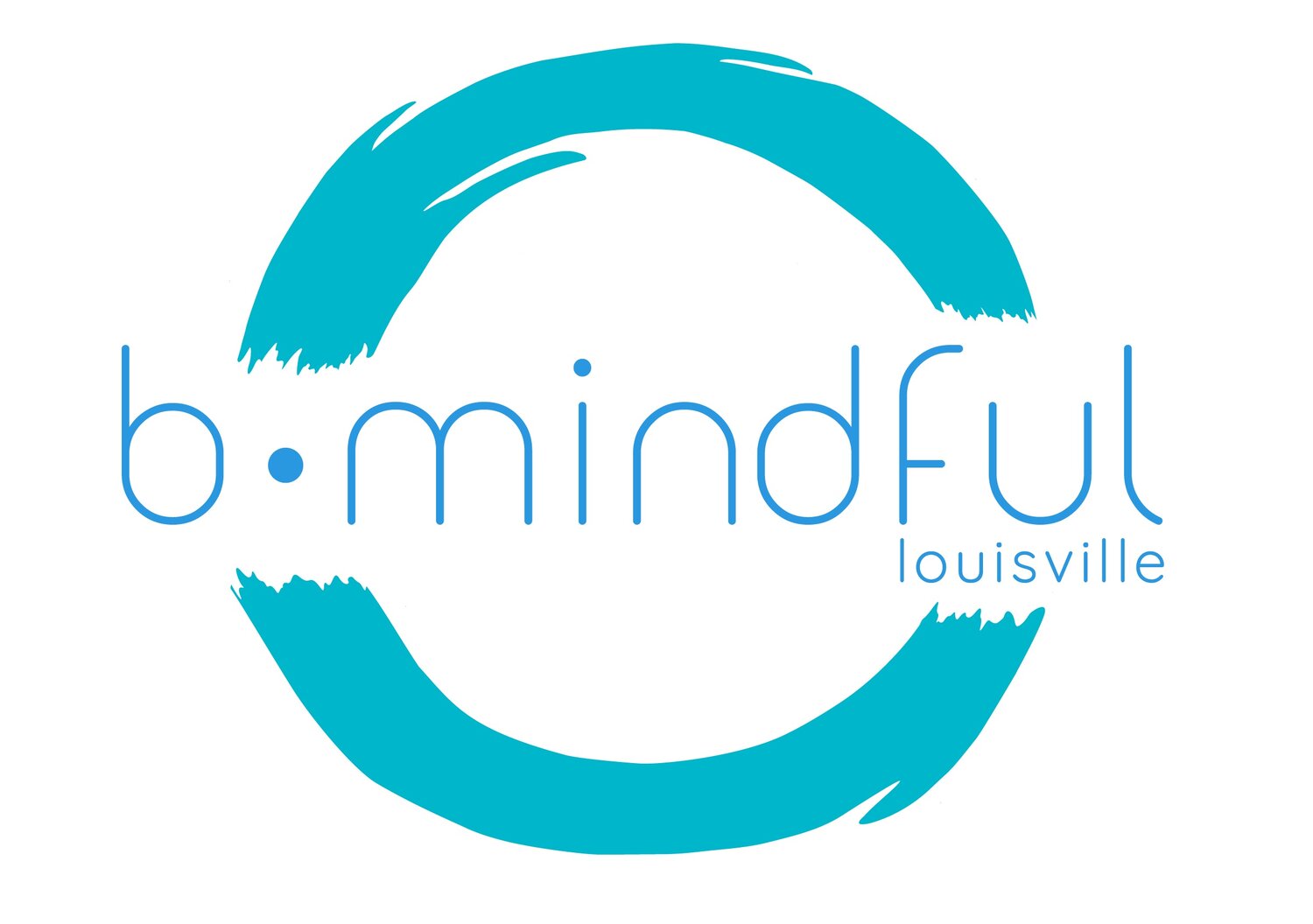Unpopular Route: Grad School --> Private Practice
/Who out there is a believer that everyone must do agency/hospital work after graduate school, and that new clinicians shouldn’t enter the workforce through private practice? I hear a lot of you saying “preach sister, yes you must must put in your time” and I get it, I really do. But then I hear some others out there saying “nah, do as you want, it’s your life, your career, and your choice”.
I happen to align more with the latter - even though it looks different then my personal journey.
I know it’s a different opinion than most, but I am a firm believer of following your dreams and getting there in whatever fashion suits you best. On top of that I am also a big believer that clinicians need to have rigorous training, create and maintain solid clinical skills, have stable supports and partake in ongoing consultations. Yes, yes, I hear you out there being like “yeah duh that’s what I’m talking about, you will learn all that at an agency and then can take it with you to your private practice later.” But you don’t have to just learn them at an agency/hospital, there are other ways.
Wondering what these ways are and how individuals going straight from graduate school to private practice will learn these skills? Below I will tell you by answering some of the most common questions asked in regards to this topic.
BRING ON THE QUESTIONS.
New clinicians need a lot of oversight, who is going to oversee their sessions?
A supervisor will, just like it would be at an agency. The supervisor would provide them with the structure, support and clinical guidance needed to learn and grow in their current position no matter the setting.
Speaking from personal experience, I have felt more fulfilled and supported by my privately paid supervisors than I did by some of the agency supervisors I had. Though it is painful to fork over $100+ a month for supervision, I found that they were more present in our sessions due to not being bogged down by too much paperwork, too many supervisees, too many clients, and too much bureaucracy.
In the end, not all supervision is created equal. Therefore, no matter where you are seeking supervision from and if it’s paid for or free, do your research and advocate for yourself and your practices needs. It may also help to surround yourself with like minded professionals in order to get additional support (that everyone so desperately needs in this field).
How are they going to know what to do if they haven’t been through the grind of agency work?
They will learn on the job, just like those did in an agency. Why should one be pressured into taking a job they don’t align with just because it’s one of the only agency positions offered to them? If coming out of school one knows what population they want to work with, why waste their time, the agencies time or the clients time working with a population that doesn’t match their ideal clientele?
I believe in hard work, obviously, but I think it’s important to be strategic about where you spend your energy.
I want people to spend their time building the life that they want, not wasting it by putting in time at the local clinic so the elders in the community won’t judge them. I don’t think its necessary to force newbies to walk uphill both ways in the dead of the winter to get where they want to go when they have alternate options. The saying is “work smarter not harder” right?
How are they going to know what population they want to work with?
By using their lived experiences, their training and by doing their research inside and outside of the office.
An advantage students nowadays have is the amount of quality resources available to them at their fingertips (literally…all the answers are held in their tiny phones). There are so many resources, reviews, practice building support networks, blogs and consultants out there and this makes it easier for them to find their paths. It is a lot easier now to gather all the information, allowing them more time to think about their wants and needs for the future and empowering them to go after their dreams after graduation.
So, you're saying you want to have clients pay money to have a therapist learn on them?
Nope. I am saying that I want clinicians to feel empowered in the work that they do so they can bring their best selves to sessions and provide for their clients in the best ways possible. And let’s be honest here, who isn’t constantly learning from their clients (no matter the amount of time you’ve spent in the therapist chair)?
How are they going to juggle the clinical and business parts of private practice along with all the start up costs?
This relationship, for most of us in private practice, has a love/hate dynamic to it and is tough to juggle anyways. Therefore, we shouldn’t place judgement or dictate what’s best for others who may be more business minded or have a higher tolerance for frustrations than us.
I know some of you will agree and a lot of you won’t. Either way, I would love to know what you think. Let us know in the comments below!
P.S.- Suggestion to the masses. Check with your state licensing board to ensure that it is legal for you to enter private practice after graduation. Certain states/licenses dictate a certain amount of post graduate hours before hanging your own shingle.
Have additional questions? Feel free to message me and ask!
Shannon Gonter, LPCC, Owner and Founder of b.mindful Louisville
I’m a professional counselor and understand the importance of having a safe space to practice in, consulting, networking, having a solid referral list, and being around other like-minded professionals.







